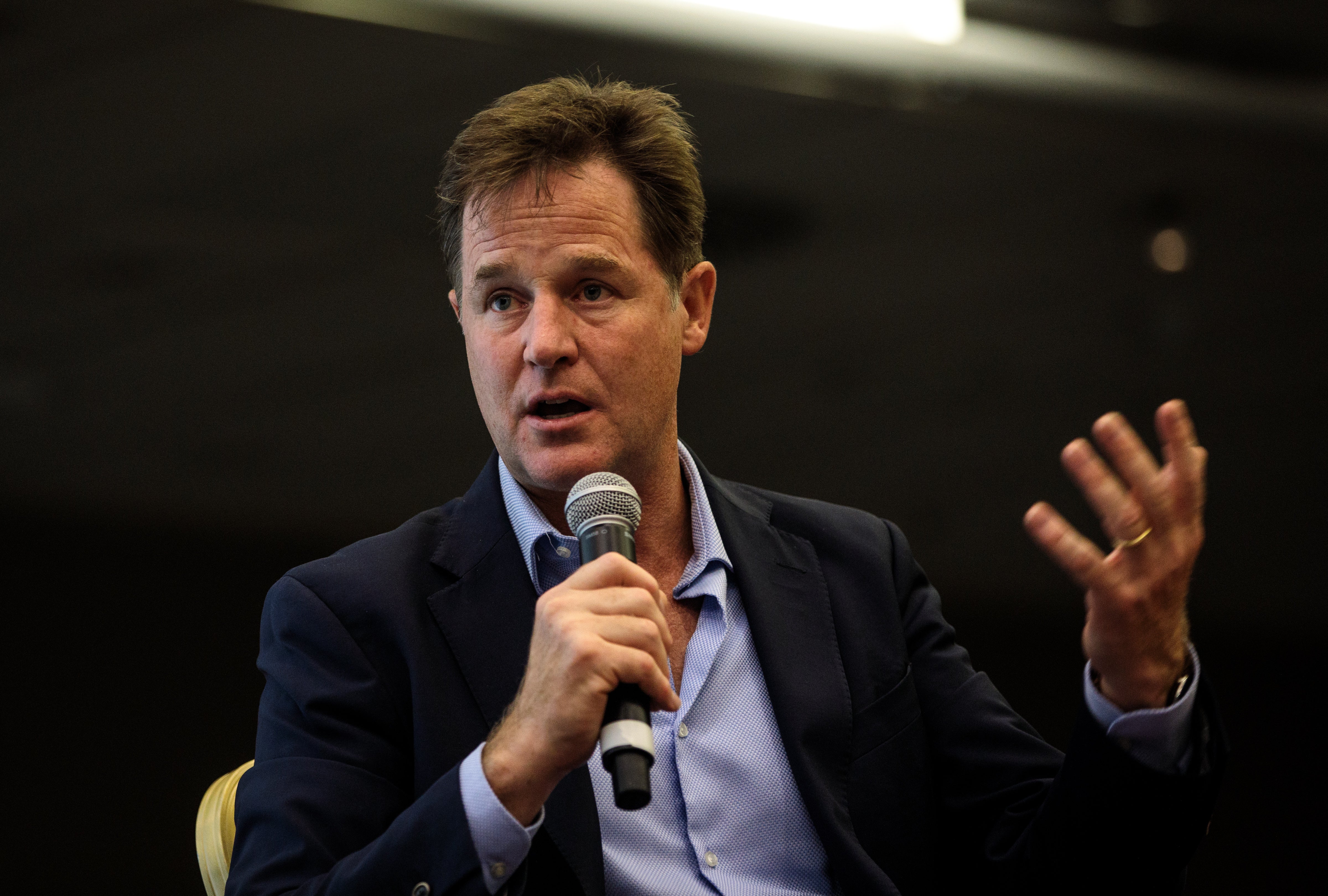Meta launches ‘special operations centre’ in response to Russia’s ‘devastating’ invasion of Ukraine
Russia has been accused of false flag operations in an attempt to justify its invasion

Your support helps us to tell the story
From reproductive rights to climate change to Big Tech, The Independent is on the ground when the story is developing. Whether it's investigating the financials of Elon Musk's pro-Trump PAC or producing our latest documentary, 'The A Word', which shines a light on the American women fighting for reproductive rights, we know how important it is to parse out the facts from the messaging.
At such a critical moment in US history, we need reporters on the ground. Your donation allows us to keep sending journalists to speak to both sides of the story.
The Independent is trusted by Americans across the entire political spectrum. And unlike many other quality news outlets, we choose not to lock Americans out of our reporting and analysis with paywalls. We believe quality journalism should be available to everyone, paid for by those who can afford it.
Your support makes all the difference.Meta has created a dedicated task force in order to fight misinformation about Russia’s invasion of Ukraine.
Russian troops have launched a “full scale invasion” with an attack on the Ukrainian capital Kyiv expected within the day.
"The situation in Ukraine is devastating," the company’s president of global affairs and the UK’s former deputy prime minister Nick Clegg said.
"We’ve established a Special Operations Center, staffed by experts and native speakers, to respond in real time to remove hate speech or content that incites violence or otherwise breaks our rules.
"We’re taking extensive steps to fight the spread of misinformation, and labelling content from state-controlled media and content that fact checkers have rated false. And our cybersecurity teams are monitoring closely for coordinated attempts to abuse our platform.”
The company, which owns Facebook and Twitter, also rolled out extra security to Ukrainian users letting them protect their accounts.
Misinformation is already spreading across social media, such as a clip taken from a video game which amass millions of views as users falsely claimed it depicted real attacks.
Another video, of a claimed Russian fighter jet being shot down, was actually from Libya over a decade ago.
YouTube has also continued to host Russian propaganda channels, putting pressure on Google to step in.
Meta’s reputation on protecting foreign users has been mixed. In August last year it brought in new security measures to protect its users in Afghanistan over concerns that the Taliban could use them to track opponents of the government, but in years past it had not been as effective – admitting in 2018 that it did not do enough to curb hate speech in Myanmar that caused attacks on the Rohingya Muslims.
Join our commenting forum
Join thought-provoking conversations, follow other Independent readers and see their replies
Comments